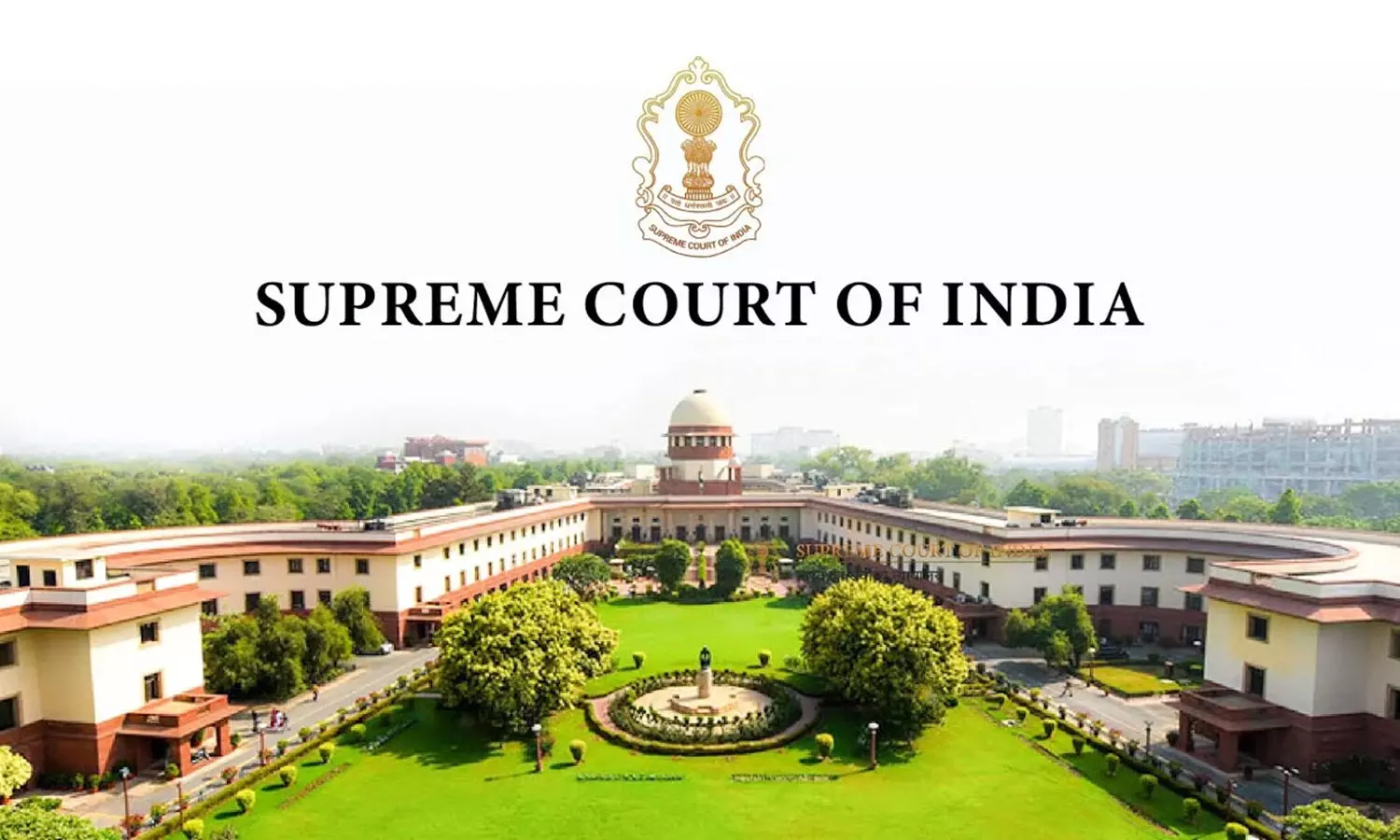With a 4:1 majority, the Supreme Court upholds the constitutional validity of Section 6A of the Citizenship Act
Supreme Court upheld the constitutional validity of Section 6A of the Citizenship Act by 4:1 majority.
With a 4:1 majority, the Supreme Court upholds the constitutional validity of Section 6A of the Citizenship Act

A bench of the Supreme Court, headed by Chief Justice of India DY Chandrachud, affirmed the constitutional validity of Section 6A of the Citizenship Act, by a 4:1 majority. Under the act, citizenship is provided to the immigrants who came to Assam between January 1, 1966, and March 25, 1971.
Other justices present on the bench were Surya Kant, MM Sundresh, Manoj Misra and JB Pardiwala. The decision to uphold the constitutionality of Section 6A was opposed by Justice JB Pardiwala.
Introduced in 1985, the act seeks to offer Indian citizenship to refugees from Bangladesh who came to India between 1966-1971.
“The Assam Accord was a political solution to the problem of illegal migration," CJI said. The bench justices remarked, "The court’s decision means that the non-resident Indians who came from Bangladesh between January 1, 1966 and March 25, 1971 are eligible for citizenship. Those who have got citizenship under this will retain their citizenship."
This decision came in light of a petition that argued the entry of Bangladeshi refugees in Assam, which disrupted the demographic balance of the state.
Understanding Section 6A
According to PTI, Section 6A was made a part of the Citizenship Act, functioning as a special provision to manage the citizenship of people covered under the Assam Accord. The provision came to being when the Assam Accord was signed between the Rajiv Gandhi government at the Centre and the All Assam Students’ Union.
Under the provision, whosoever entered Assam on or after January 1, 1966, but before March 25, 1971, from specified territories, including Bangladesh, in accordance with the Citizenship Act amended in 1985, and given they are the citizens of the northeastern state, should get registered under Section 18 for acquiring Indian citizenship.
NGO Assam Public Works, the Assam Sanmilita Mahasangha and others who believed that having a separate cut-off citizenship date is disparaging are amongst the petitioners in the case. Filed in 2012, their petition claims, "the application of Section 6A to the State of Assam alone has led to a perceptible change in the demographic pattern of the State and has reduced the people of Assam to a minority in their own State. The same is detrimental to the economic and political well-being of the State and acts as a potent force against the cultural survival, political control and employment opportunities of the people."

